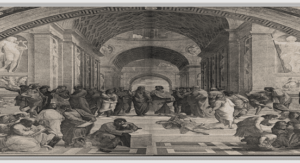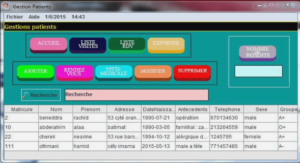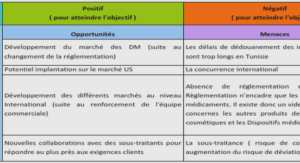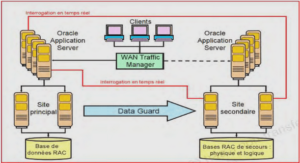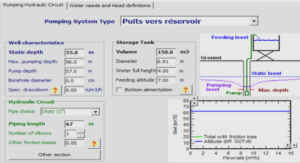Classroom observation
PRE -SPEAKING Step 1 : The teacher read the text. Step2 : The teacher asked volunteers to read the text. (Volunteers read one sentence of the text one after the other.) Step3: Students are given time to answer some questions about the text. (Reading Comprehension) Step 4 : The teacher asked volunteer students to go to the blackboard to answer the questions. WHILE-SPEAKIING Technique: Group Discussion (Group of four or three people) Students are asked to discuss about a statement. ‘Only help from rich countries can help poor countries overcome their poverty.’ Do you agree or disagree? Why? Step 1: T: Who agree with the statement? And who disagree with the statement? The students raise their hands according to their position after each question. T: For those who agree with the statement, I want you to form a group of four or three people and collect ideas. For those who disagree with the statement form a group of four or three people. You just collect ideas. Step 2: The teacher asked the students to form another group of four people and in each group There must be people who are for and people who are against the statement and discuss. POST-SPEAKING Technique: Group Work The teacher asked students to stay in the group but they are going to deal with other question. T: What are the problems of the third world countries? (The teacher writes the question on the blackboard.) The students are asked to gather some ideas per group and then answer the question orally. It was the teacher who rephrases their answers and writes their answers on the blackboard. Answers: Illiteracy, Urban growth, rural exodus, Lack of industry, Famine, Health problems, high birthrate, Indebtedness, Political instability, Lack of infrastructure, Over population, Lack of advanced technology.
APPENDIX 3C
PRESENTATION Step 1: The teacher asked one student to copy the dialogue on the blackboard. Dialogue : Mrs Field: You should clean this suit darling. It’s very dirty. Mr Field: Ok, I’ll take it to the cleaner’s. Mrs Field : I don’t know why you always buy dark coloured suits. Light-coulored suits are nicer, and they make you look younger too. Mr Field : But light- coloured suits are showing the dirt. I must clean them once a month darling. Mrs Field : That’s better than once a year. You wash your dark suits once a year. Mr Field : That’s why I like dark coloured suits. Step 2: The teacher explained some vocabulary in the dialogue. (The teacher wrote the vocabulary on the board) A suit: A set of clothes consisting of a jacket and trousers or a skirt. Light-colours : eg: White, Pink, Yellow, Orange Dark-colours : eg: Black, Red, Brown, Purple. To be dirty-The dirt: unclean To be clean : washed, not dirty Once a month : one time in a month Once a year : one time in a year The cleaners : a shop where clothes and other items are taken to be dry-cleaned. Step 3: The teacher tried to explain the dialogue by asking questions to his students. T: The dialogue is between who and who? T: Are they brother and sister? Ss: No, they are husband and wife. T: What is the dialogue about? Ss: A suit. T: When do you use a suit? Ss: ‘Cérémonie, baptême’. T: What is dirty? Ss: ‘Maloto’ T: When your clothes are dirty they need to be cleaned. T: Where do we clean the clothes? Ss: At the cleaners.
-Women have the same right as men. -Life is hard so woman should help her husband about necessity of life. -The woman should have a personality. -The different technology can replace the work at home. -Life is more and more difficult and the woman should help her husband. -Women shouldn’t be dominated by men and considered women have the right to work at office, to gain money, to be salaried because they have their own needs. -Looking after the babies and children. -Doing the washing up. -Cooking meals. -Laying the table. -Tidying the rooms. -Children haven’t good moral education and the food wasn’t good prepared. Step 5: A little review about the expressions related to opinions T: Before building the dialogue, we should remember all the expressions that we need. What are these? (The teacher writes on the blackboard the expressions) WHILE SPEAKING (role play) T: You already have ideas. I need volunteers to perform a dialogue between a husband and a wife. Eg: Husband: My darling, I think….you stop working because…..I need you to prepare my clothes. Do you understand? Wife: Yes, but you know I’m not a nurse. I’m your wife. I should work. Husband: You know, you do not have physical capacity to do that. Wife: I have the right to work. So, I can do shopping, buy fashions…..and you know, your salary is not enough. Husband: When I come back home, I need to eat sandwich and you should prepare for me. And in the bathroom I need warm water for my bath. Wife: Why don’t you do it yourself? Husband: Sorry? Wife: Why don’t you do it yourself! Husband: ‘Cause you are my wife to take care of me and our children. Wife: Life is hard and I have the same right as you. Husband: You are right. I love you so much darling. (Hugs) POST SPEAKING T: In a written form, build up a dialogue starting with the husband. (The teacher starts the dialogue and asks students to continue.) On the blackboard: Husband: Please darling, I want to talk to you. Wife: Yes, I’m listening to you. Husband: I think that you shouldn’t work anymore for the well being of our family.
